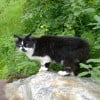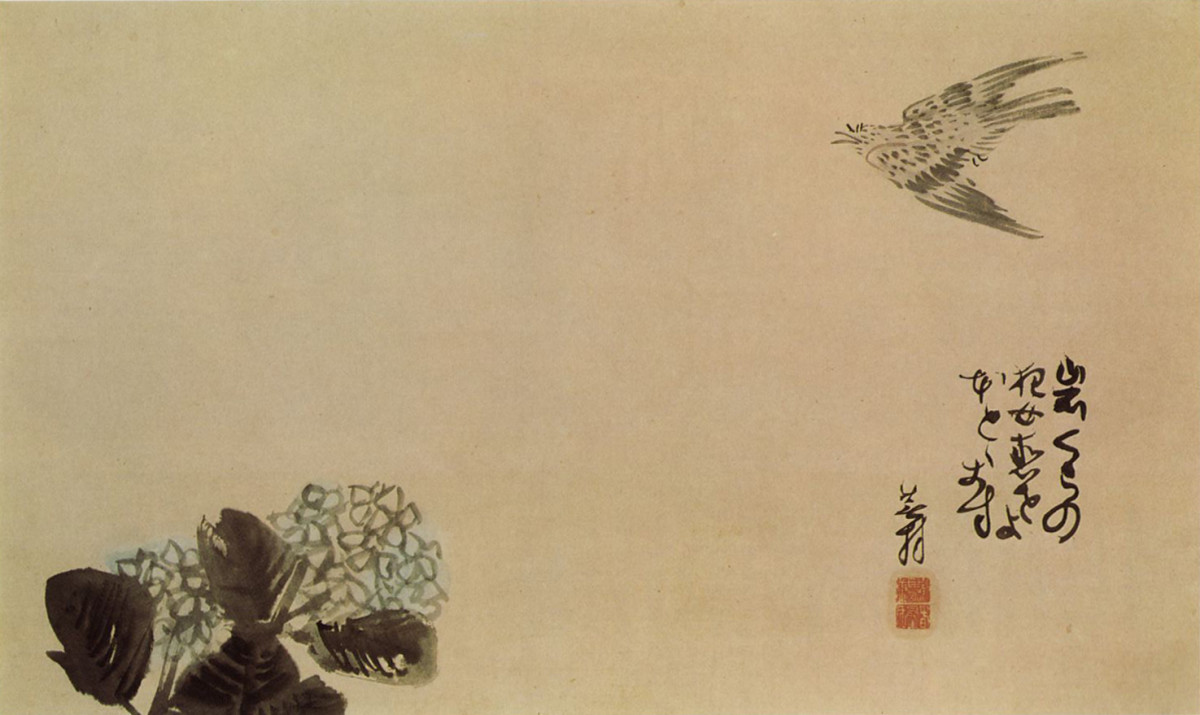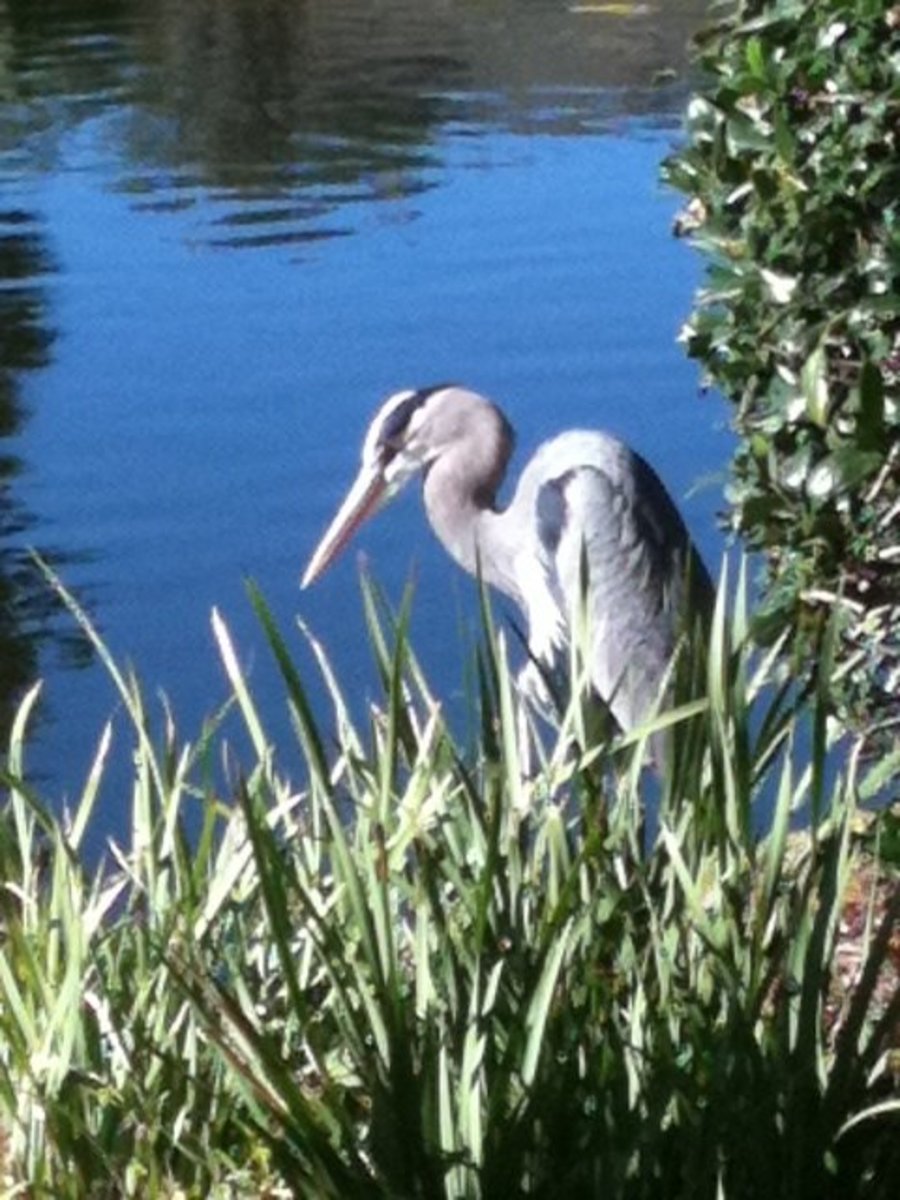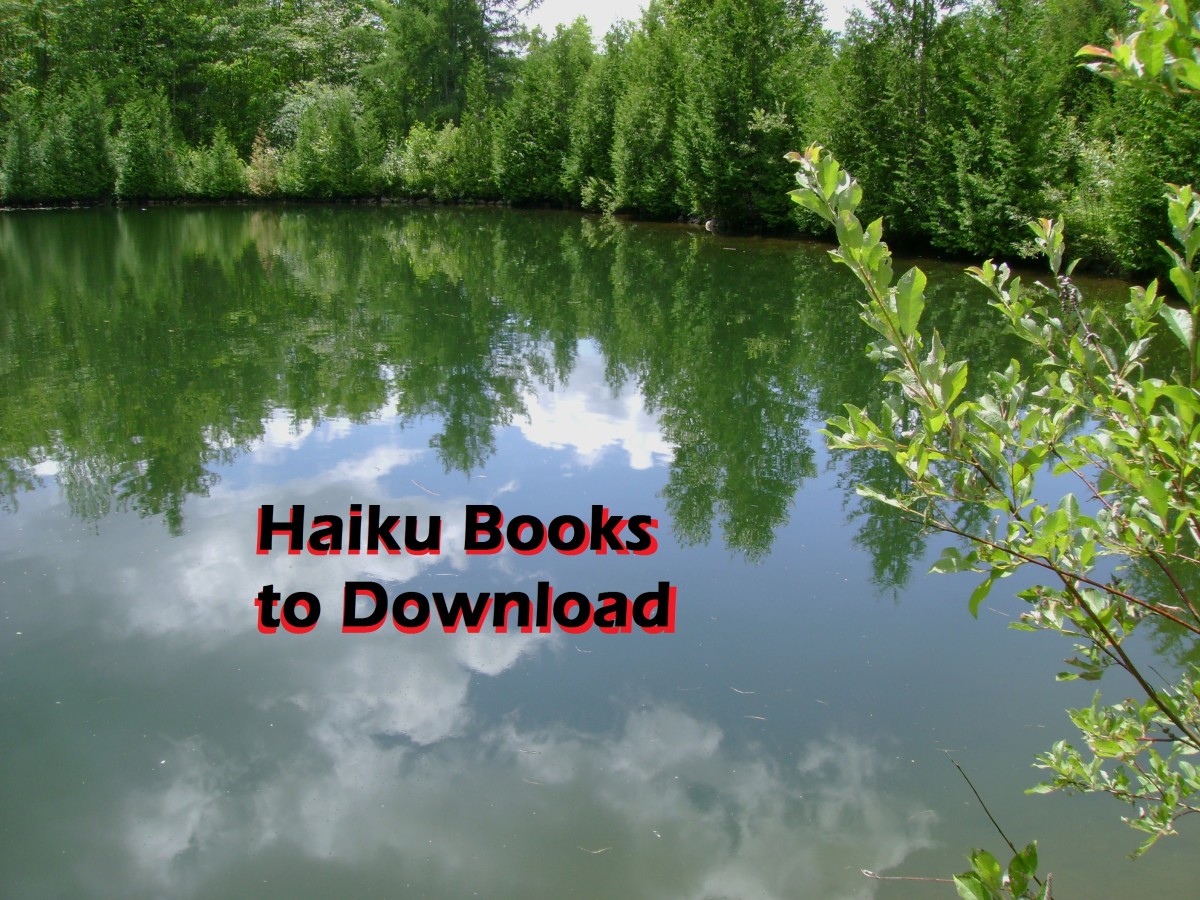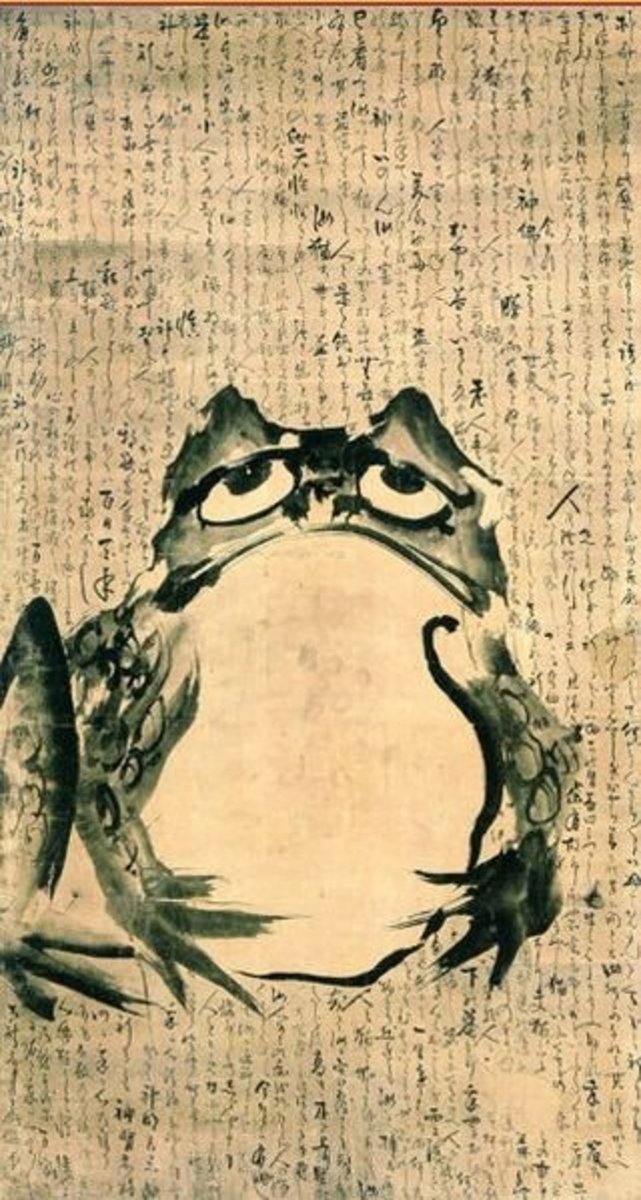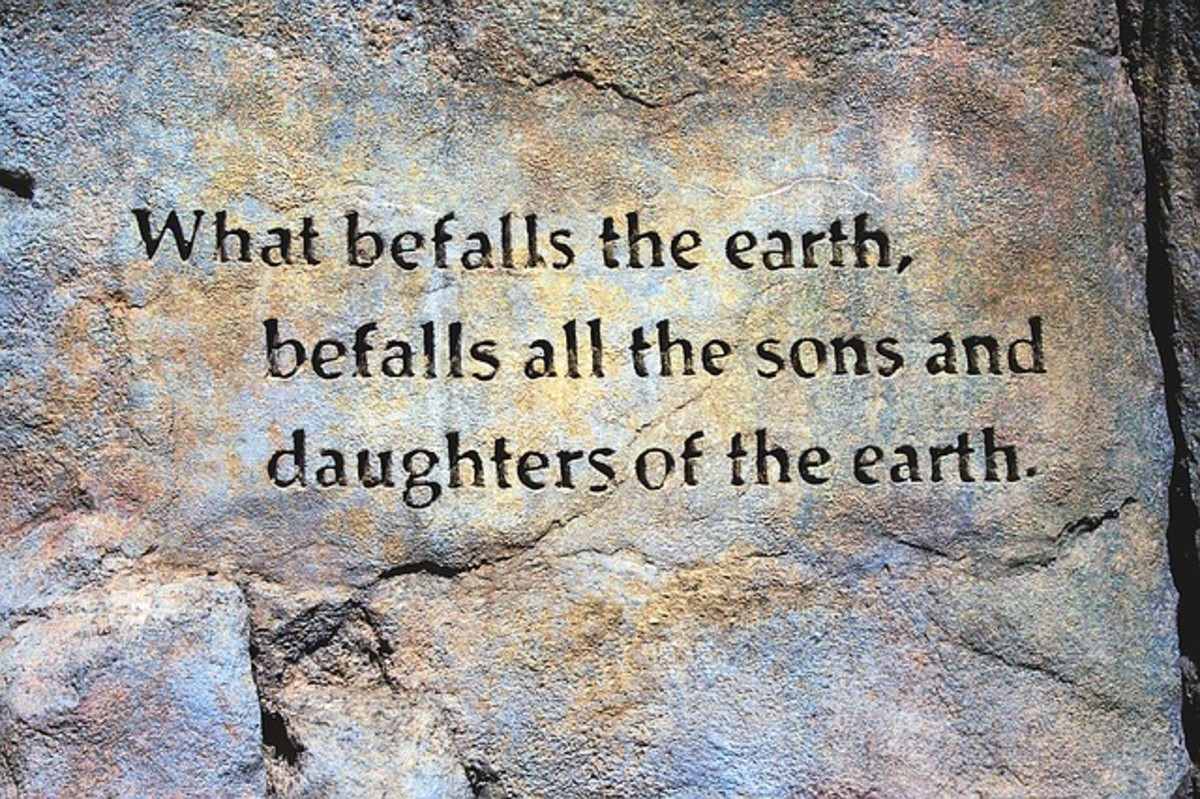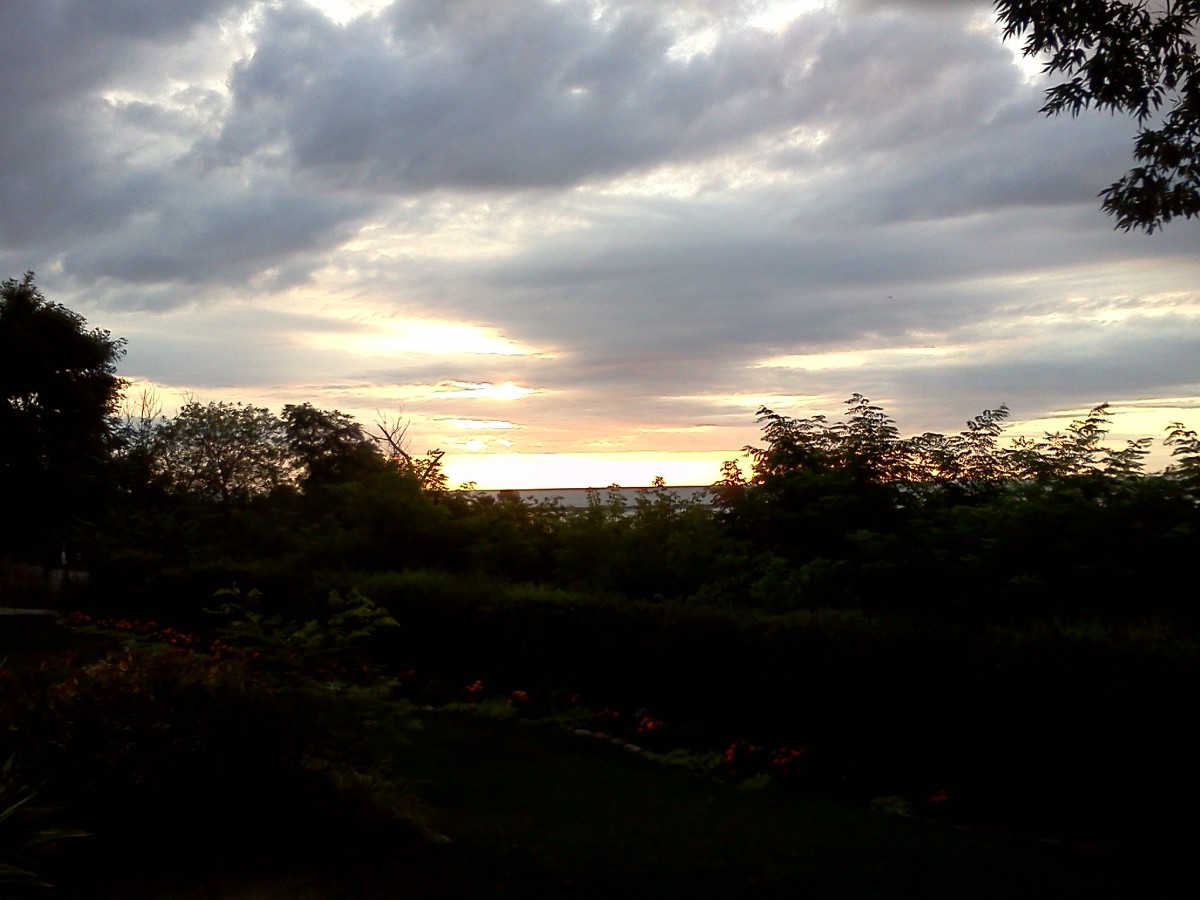Writing Haiku: Originality and Cliché
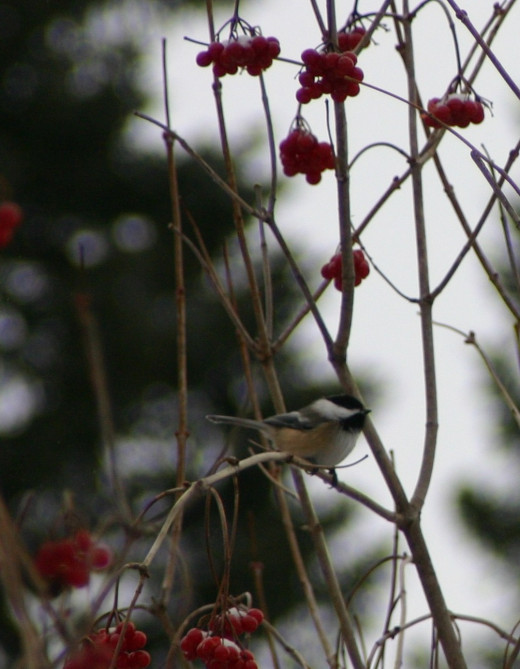
The Haiku that Got Me Thinking
I deeply believe that most contemporary thinking about originality is a trap and a delusion. Skill matters, coming from the heart matters, trying to create — or demanding — novelty leads to faddishness and escalating attempts to shock or confuse the reader. Still, I was surprised when people responded positively to this haiku:
A lilting birdsong
weaves around the low whistle
of a distant train
I wrote it without trying for good poetry: It was a response to the "#Haikuwordgame" on Twitter, where three words must be included. In this poem, the words were 1.distance 2.lilt 3.whistle

"If You Miss the Train I'm On"
What is a Cliché in Haiku?
Yet the word “cliché” still means something for haiku. Editors of haiku journals beg . . . "please no more herons landing on their reflections!" Some themes have simply been worked to death.
I thought the poem above, while a clever solution to the word game, was thorougly cliched, a sort of haiku-country-music fusion … lilting birdsong … whistle of a distant train … “you can hear the whistle blow, 100 miles” (a song I love, incidentally, & one of the few I can sing). Nevertheless, five people liked it enough to retweet.
This doesn’t mean they have bad taste: maybe they just hadn’t seen these words in this configuration before, and something in the words spoke to their hearts. Perhaps the combination of haiku and country music ideas was itself a fresh effect!
Traditional vs Innovative Haiku
Some would consider my more representative haiku, with their plain language and spare observation of nature, to be cliched, because they employ tropes and techniques picked up from English translations of classical Japanese work.
(Note for those new to the genre: most serious/literary haiku writers in English rarely write in strict 5-7-5; my poem above is in this form, because I play the "Haiku word game" that way)
I like the translations I’ve seen of the edgier, more personal, modern Japanese haiku, as well as a lot of the innovative short forms in English published, for example, in Roadrunner. I just can’t write like that myself successfully, although I may in the future.
I’m not going to force it, though.
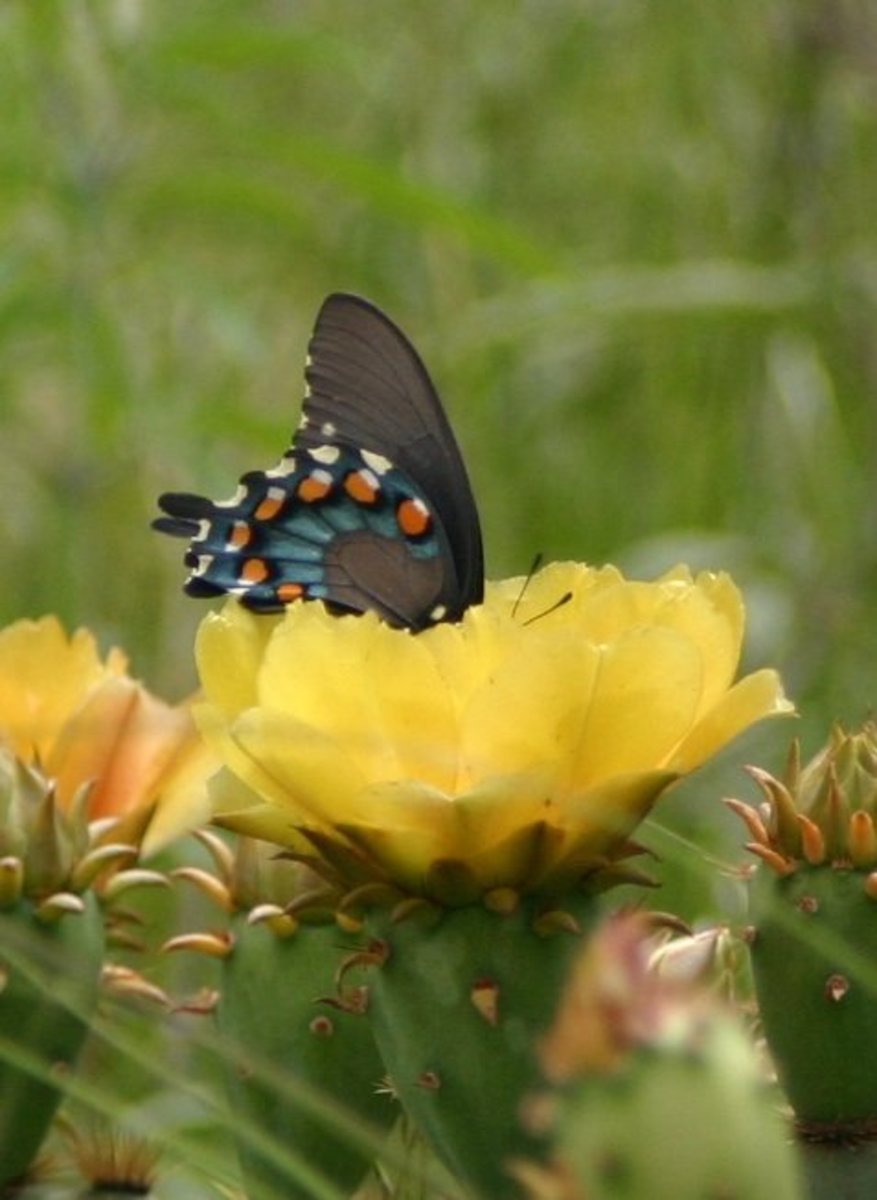
Some Comments from an Expert
Chen-ou Liu, @erricoliu on Twitter, whose website is Poetry in the Moment had some insightful remarks about how traditional Far Eastern cultures understand originality very differently than modern Western culture (at least before the contemporary rise of remix).
Close variations on a theme are perfectly legitimate if they add something new.
He writes:
"For example, Yosa Buson wrote:
On the temple bell
has settled, and is fast asleep,
a butterfly.
And Masao Shiki wrote a haiku in response to his:
On the temple bell
has settled, and is glittering,
a firefly.
"The technique Shiki employed here is exactly the same; the feeling conveyed is completely different."
Mr. Liu also has some extremely nice things to say about my #haikuwordgame poem that started the whole thing, including attributing to me conscious artistry that may have been unconscious artistry, but which I think was more lucky chance:
I like your “lilting birdsong” very much. It is two-axis, making a metaphoric allusion to “500 Miles.” You expertly use aural imagery to stretch the impact of the poem on the reader’s senses. In the poem, you skillfully demonstrate the “modern haikai spirit” — the awareness of established associations in pop culture and the need to bring new perspectives to them — and allow the reader to read the poem through fresh lens.
